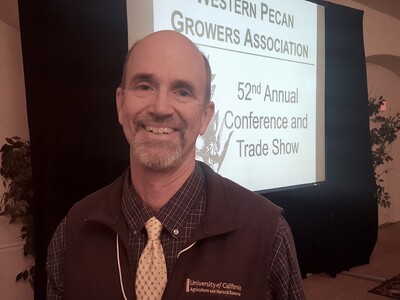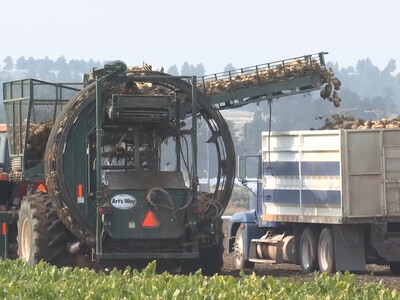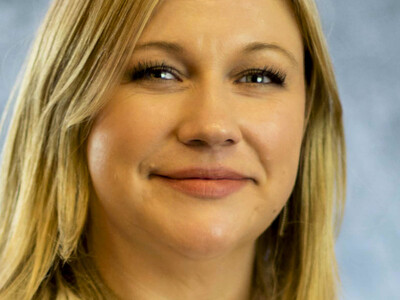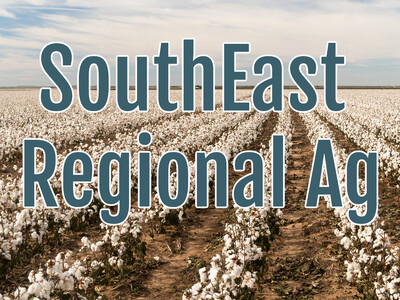Farmers and Firemen
Rural firefighters promote farm safety through national program"Educating your operators on machine capabilities and safe operation is paramount to minimizing risks on the jobsite," says Shawn Warkenthien, director of product safety for Bobcat Company. "The amount of money you invest in safety education and training can reap dividends in increased performance and profitability, not to mention the decreased negative consequences of a careless work environment — injuries, insurance claims, lost revenue or even worse."
Firefighters and farmers, two groups of professionals who often work in hazardous environments, are teaming up in a program aimed at improving agricultural safety and health nationwide. The Rural Firefighters Delivering Agricultural Safety and Health (RF-DASH) project trains emergency responders to provide resources and consultation to farmers in their service areas.
“This project is based on research indicating that firefighters can be influential and can motivate farmers to make changes to improve health and safety on their farms,” said project leader Casper Bendixsen, Ph.D., director of the National Farm Medicine Center, Marshfield Clinic Research Institute.
“Rural firefighters and first responders are highly esteemed in rural and agricultural communities. With the new tools and knowledge we’re giving them, they can be influential on farmers’ health and safety decisions.”
Funding for RF-DASH is provided through the Upper Midwest Agricultural Safety and Health Center, with a grant from the National Institute for Occupational Safety and Health, Centers for Disease Control and Prevention.
Farmers Paul and Barb Liebenstein recently hosted a training session at Wolf Creek Dairy in Dundas, Minn., about an hour south of the Twin Cities.
“The opportunity to help the people who do so much for our communities is something we would never say ‘no’ to,” said Paul, whose involvement on the local rural fire board has given him insight into the challenges of responding to farm emergencies. “We were glad to learn ways we could be safer here, just by hosting the training on our farm.”
The 18 participants of the Sept. 7-8 training at Wolf Creek Dairy included agricultural health and safety specialists, fire/EMS, health care providers and National Fire Protection Agency committee members from nine states (Idaho, Minnesota, Nebraska, New York, Ohio, Pennsylvania, Utah, Washington and Wisconsin).
“We recruited firefighter/EMT and ag safety professionals from specific regions in the hope that they will collaborate when they return home,” said training coordinator Kyle Koshalek.
Participants engaged with five curriculum modules: Introduction to Ag Emergencies, Pre-Planning Farm Responses, Farm Hazard Analysis, Farm First Aid, and Farm Community Outreach. Master trainers included Bendixsen; Matt Keifer, M.D. (Puget Sound VA); Jerry Minor (fire chief, Pittsville, Wis.); Dave Hill (Penn State University); and Jim Carrabba (New York Center for Agricultural Medicine and Health).
“We’ll be conducting another training with possibly 30 fire/EMS at the Wisconsin EMS Association (WEMSA) conference in November at Wisconsin Dells, while continuing to build RF-DASH as a generalizable program for all rural fire/EMS across the nation,” Bendixsen said.
Since November 2017, RF-DASH has provided training for 68 individuals from 10 states who have, in turn, trained dozens more in helping farmers make their operations safer.
“Farmers who volunteer as emergency responders are likely to become the ideal trainees in the program,” said Bendixsen, himself a former rancher and volunteer firefighter.
“These individuals can help bridge the farming community and the local departments.”
The RF-DASH program follows National Fire Protection Agency standards, specifically the 1300 standard, addressing community risk assessment.
Find more information online at www.umash.umn,edu. Emergency first responders interested in becoming trainers may contact Bendixsen at bendixsen.casper@marshfieldresearch.org.














